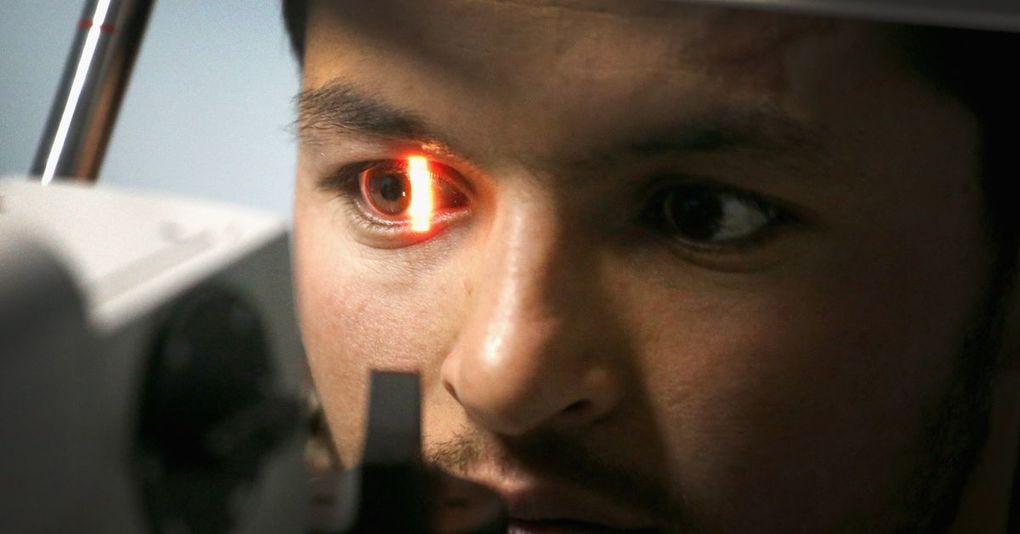Scientists from Google and its health-tech subsidiary Verily have discovered a new way to assess a person’s risk of heart disease using machine learning. By analyzing scans of the back of a patient’s eye, the company’s software is able to accurately deduce data, including an individual’s age, blood pressure, and whether or not they smoke. This can then be used to predict their risk of suffering a major cardiac event — such as a heart attack — with roughly the same accuracy as current leading methods.
The algorithm potentially makes it quicker and easier for doctors to analyze a patient’s cardiovascular risk, as it doesn’t require a blood test. But, the method will need to be tested more thoroughly before it can be used in a clinical setting. A paper describing the work was published today in the Nature journal Biomedical Engineering, although the research was also shared before peer review last September.
Sourced through Scoop.it from: www.theverge.com



Leave A Comment